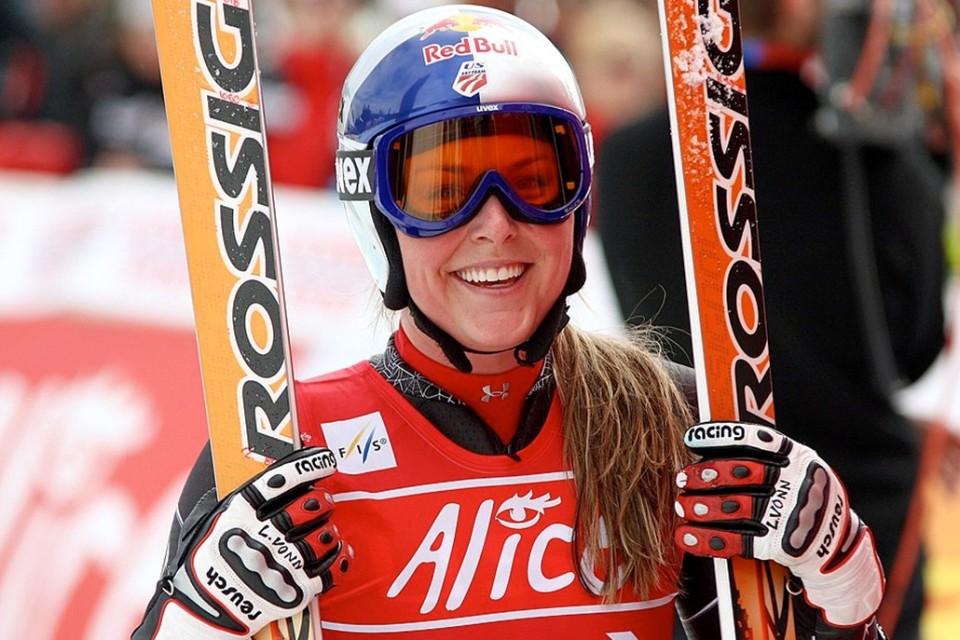Mon, September 03, 2018
Getting to know Our Panel
To optimise for archiving, the original image and related documents associated with this article have been removed.
A big thank you our panel member Dr. Despina Mavromati for her interview. We are delighted to have such skills like she has on our panel.
Why did you choose to specialise in sports law?
I had the opportunity and the privilege to study, live and work in various countries around the world (Greece, Germany, Belgium, Switzerland, USA). I started working in the field of private international law and arbitration long before taking an interest in sports law. Sports arbitration is fascinating—although it was initially conceived and inspired by commercial arbitration, it has subsequently evolved as a field of its own. I am intrigued by the evolving procedural rules, by the international character of the cases and by the interdisciplinary character of certain disputes, for example, in doping. Sports law, more generally, is an area of law that is as much self-contained as open to other, traditional areas of law such as private, public or criminal law. Such trait makes sports law fascinating and quite unique.
Area of expertise.
In my Lausanne-based practice (SportLegis), I specialize in Olympic sports and cases with an international character. I have also experience in disciplinary cases and regularly advise sports federations on their governance structures as a way to mitigate litigation risk.
Which sport dispute case have you found the most interesting and/or inspiring, and why?
I have worked on cases that were factually interesting and involved relatively high stakes, as well as cases that raised complex and unique procedural issues. I found them both to be interesting for different reasons. At a procedural level, cases can be fascinating not only due to the unique issues they raise but also because of the quality of the fellow counsel and arbitrators. But the cases I find most interesting are those that combine both. One that comes to mind is the well-known Dutee Chand case brought before the Court of Arbitration for Sport (CAS): in this case, the athlete contested the validity of the IAAF ’s Hyperandrogenism Regulations, which prevented female athletes producing endogenously higher levels of testosterone from participating in IAAF competitions, for being discriminatory. Irrespective of the outcome, the case is interesting because it raises numerous philosophical, ethical and medical issues but also reveals the complexity of drafting appropriate sports regulations.
What are the key developments and legal issues to watch in 2019?
The sports law landscape is greatly influenced by the regulatory amendments of the federations governing a particular sport or organizations governing a particular issue horizontally, i.e. across all sports, e.g. the World Anti-Doping Agency (WADA). The latter is now in the first phase of reviewing its WADA Code and addressing some regulatory concerns with respect to its governance so as to achieve a more efficient (and challenge-proof/resilient) anti-doping regime. Moreover, both FIFA and UEFA are taking action with a view to developing women’s game and I therefore think that women’s football will be in the spotlight during the next year.
Favourite sport(s)?
On a personal level, my favourite sports to play or to watch are tennis, football and alpine skiing.
Any tips for people looking to follow in your footsteps?
My experience as managing counsel with the Court of Arbitration for Sport (CAS) was definitively an important milestone in my career. It definitively helped me become an expert in international sports dispute resolution. Thus, I couldn’t recommend more some practical exposure to international federations and sports tribunals. However, sports law is very diverse and touches upon various areas of law: labor law, contract law, intellectual property, criminal law, disciplinary proceedings, human rights, law of the associations etc. Similarly, arbitration is a matter of procedure and the principles applying to it are universal, irrespective of the commercial or sports character of the dispute. Thus, a good sports lawyer is primarily a good lawyer. By the same token, even though the particularities of the sports world have led to the evolution of « sports arbitration », a good sports arbitrator should primarily be a good arbitrator, with a solid knowledge of the general procedural principles and a wide spectrum of substantive legal knowledge. Thus, newcomers should therefore continue reinforcing their general legal skills as they delve more and more into sports law.



